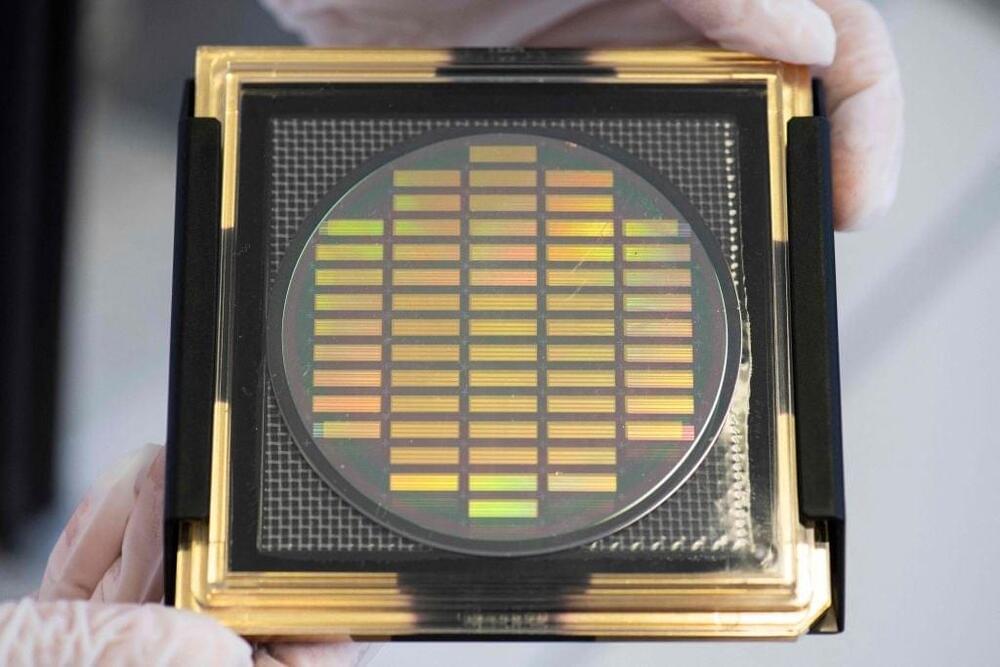Demand for AI via consumer mobile apps has been climbing, with market leader OpenAI’s ChatGPT mobile app topping half a million downloads in its first six days. Now, another AI app is touting its own launch success, as the a16z-backed Character. AI app is claiming to have pulled in over 1.7 million new installs in less than a week on the market. The AI app maker, which announced a whopping $150 million in Series A funding earlier this year, valuing its business at $1 billion, offers customizable AI companions with distinct personalities, as well as the ability for users to create their own characters.
While there are a number of these AI character generators available on today’s app stores, interest in Character. AI has a lot to do with its founders. The Palo Alto–based startup was created by Noam Shazeer and Daniel De Freitas, AI experts who previously led a team of researchers at Google that built LaMDA (Language Model for Dialogue Applications), a language model that helps power conversational AI experiences.
At Google, the founders had become frustrated with the company’s hesitancy to roll out AI chatbots to other researchers and the general public, including through integrations with other Google products, like Assistant, The Wall Street Journal reported. Believing AI would revolutionize search and other areas, the duo ultimately decided to leave Google in late 2021, despite pleas from CEO Sundar Pichai to stay and continue their work on LaMDA. That same November, Shazeer and De Freitas founded Character Technologies, now home to Character. AI.







